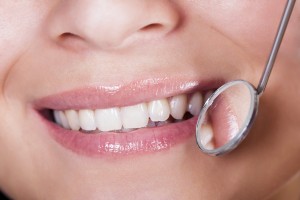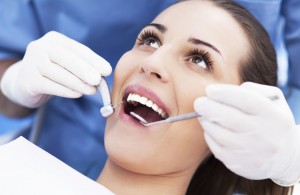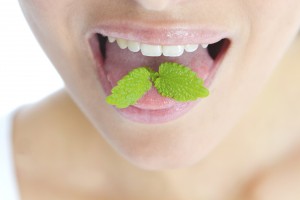 When we think about athletes, we think about strong healthy individuals that take their sport by storm with all of their physical ability. They train hard, they eat well to give their bodies the proper nutrition in order to perform at their peak. But what if I told you that athletes actually have more to worry about when it comes to their oral health. It’s true. We may all have the same basic guidelines when it comes to oral care, but an athlete’s lifestyle isn’t the same as ours and needs to be treated as such. During their training, athletes often have high-carb diets and drink lots of energy drinks to keep up with things. Those two things alone are driving sugars and acids into their mouths, and these are the main causes for tooth decay and cavity-causing erosion. What they don’t realize is that when you have issues in your mouth, it can progress to cause pain. These pains may not be directly involved in the sport, but it can cause issues with sleeping and training in general, two necessities for all athletes to perform their best. So, if you are an athlete looking to better your overall performance on the field, track, court, or ice, you should look into your oral health!
When we think about athletes, we think about strong healthy individuals that take their sport by storm with all of their physical ability. They train hard, they eat well to give their bodies the proper nutrition in order to perform at their peak. But what if I told you that athletes actually have more to worry about when it comes to their oral health. It’s true. We may all have the same basic guidelines when it comes to oral care, but an athlete’s lifestyle isn’t the same as ours and needs to be treated as such. During their training, athletes often have high-carb diets and drink lots of energy drinks to keep up with things. Those two things alone are driving sugars and acids into their mouths, and these are the main causes for tooth decay and cavity-causing erosion. What they don’t realize is that when you have issues in your mouth, it can progress to cause pain. These pains may not be directly involved in the sport, but it can cause issues with sleeping and training in general, two necessities for all athletes to perform their best. So, if you are an athlete looking to better your overall performance on the field, track, court, or ice, you should look into your oral health!
Recent studies done and published in the British Journal of Sports Medicine in 2012 showed that 18 percent of athletes who attended the dental clinic of the London 2012 Olympic Games reported that their oral health damaged their training and performance in the games.
Researchers surveyed and examined 302 athletes from 25 sports and concluded these results:
- Fifty-five percent had dental caries, the disease that causes cavities
- Forty-five percent had dental erosion
- More than three-quarters had gingivitis and 15 percent had gum disease
- More than 40 percent of athletes were “bothered” by their oral health with 28 percent saying it impacted their quality of life and 18 percent saw an impact on their training and performance
- Nearly half of the participants had not had an oral exam or hygiene care in the previous year
This just goes to show that oral health is an important tool and element of overall health, as it can effect one’s overall performance. And if you are in a sport that is more physical, make sure to see your dentist for a custom-fit mouthguard to ensure your teeth are protected from those tough hits. Preventative measures are key to keeping your entire athletic machine running in tiptop shape.
For more information on dental care for athletes and/or to make an appointment call, Dr. Kirtley at 317-841-1111 or visit his website dentalimplantsi
Dr. Kirtley gladly welcomes patients from Indianapolis, Spring Hill, Beech Grove, Wynndale, Speedway, Rocky Ripple, Warren Park and all surrounding areas.

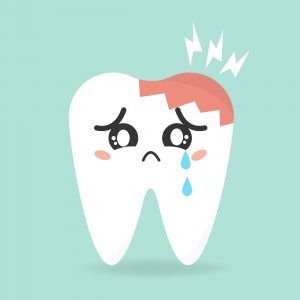 There are lots of
There are lots of 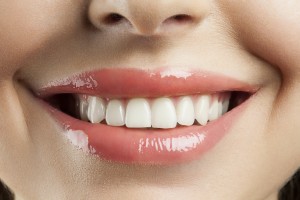 There are lots of reasons our teeth may not be the brightest at all times. We go to the dentist for regular cleanings, but in the end, they always seem to go back to the way they were. But why? What are we doing to make our smile dingy or flawed? A lot of times, it isn’t how well we clean our chompers. In many cases, discolored or damaged teeth are the result of our own bad habits, says Indianapolis dentist George Kirtley; other problems are caused by chemicals that entered teeth during childhood. The way we eat,what we put into our mouths, even habits you don’t realize you’ve picked up, like biting your pencil, can all do small damages to our teeth. The biggest offenders he sees in Indianapolis:
There are lots of reasons our teeth may not be the brightest at all times. We go to the dentist for regular cleanings, but in the end, they always seem to go back to the way they were. But why? What are we doing to make our smile dingy or flawed? A lot of times, it isn’t how well we clean our chompers. In many cases, discolored or damaged teeth are the result of our own bad habits, says Indianapolis dentist George Kirtley; other problems are caused by chemicals that entered teeth during childhood. The way we eat,what we put into our mouths, even habits you don’t realize you’ve picked up, like biting your pencil, can all do small damages to our teeth. The biggest offenders he sees in Indianapolis: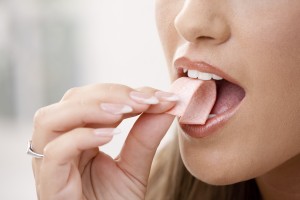 Getting teeth whitened in the dentist’s office is one way to improve your confidence and make you want to smile a lot more. However, getting treatment is just a start. It’s still important that you continue to look for ways to maintain your smile, or if possible, make it whiter and brighter.
Getting teeth whitened in the dentist’s office is one way to improve your confidence and make you want to smile a lot more. However, getting treatment is just a start. It’s still important that you continue to look for ways to maintain your smile, or if possible, make it whiter and brighter.

